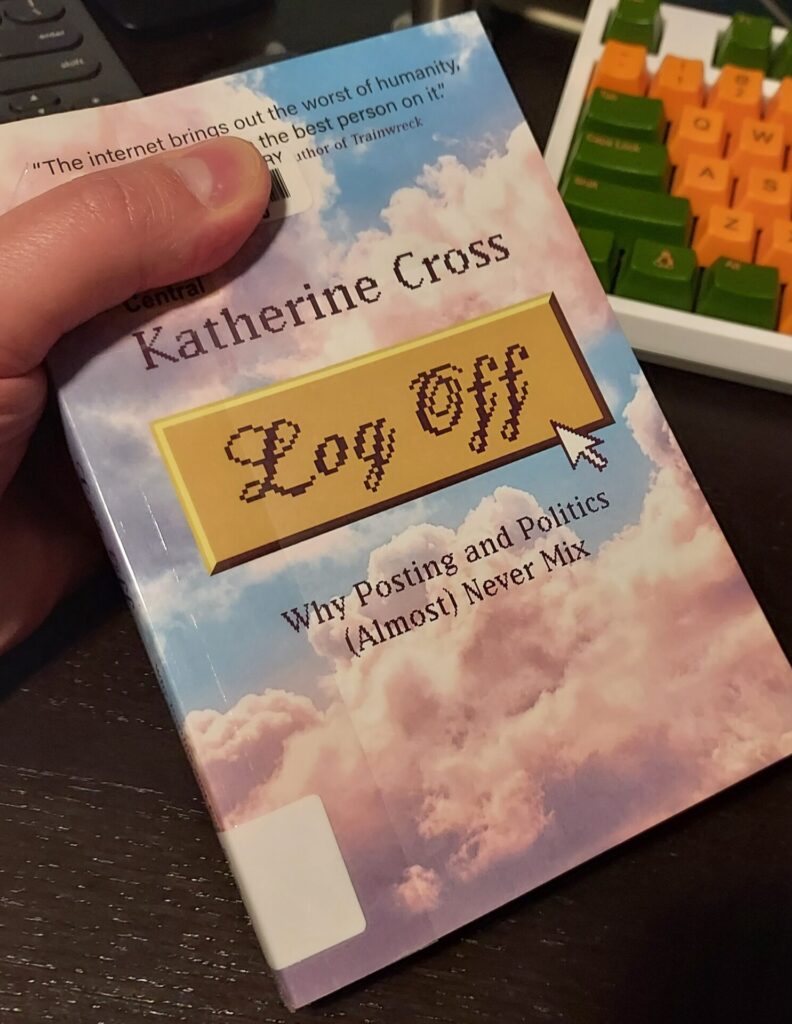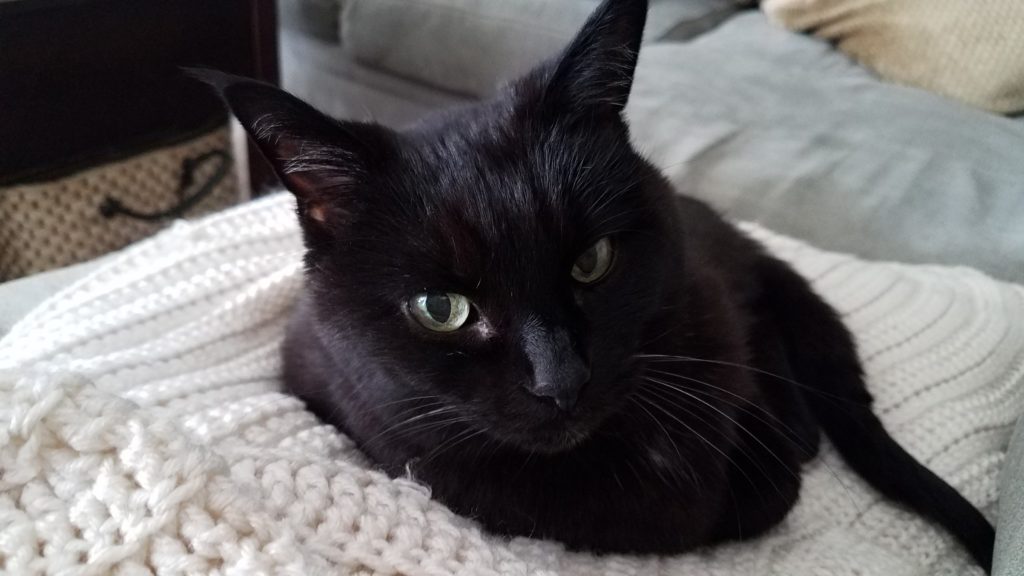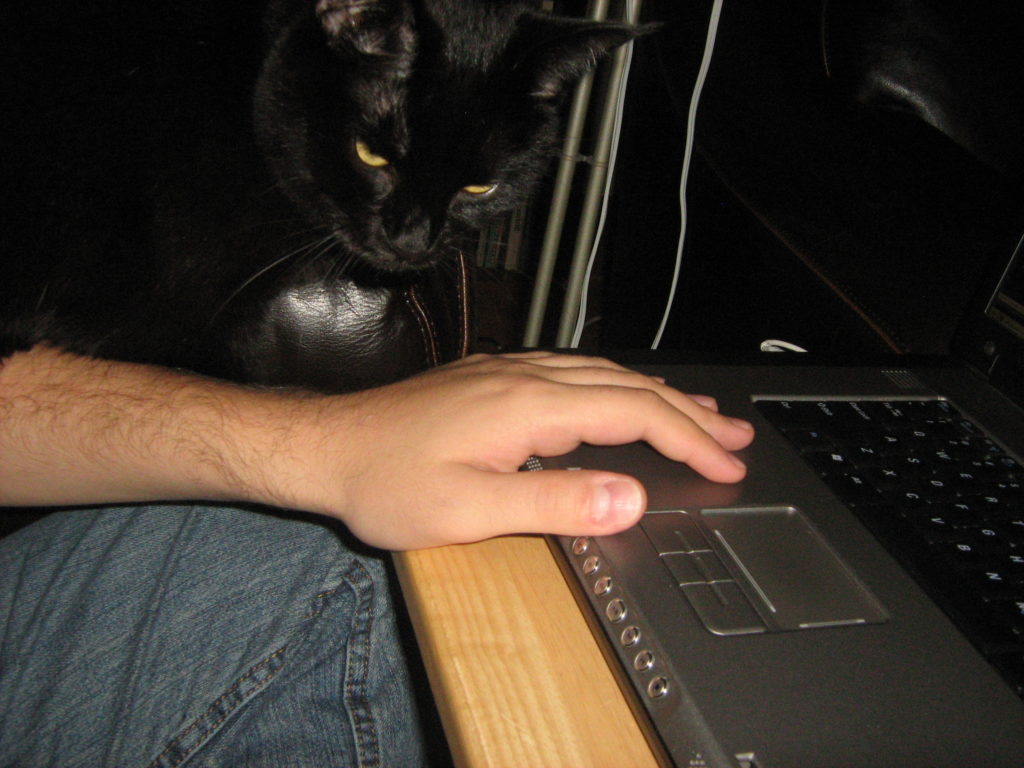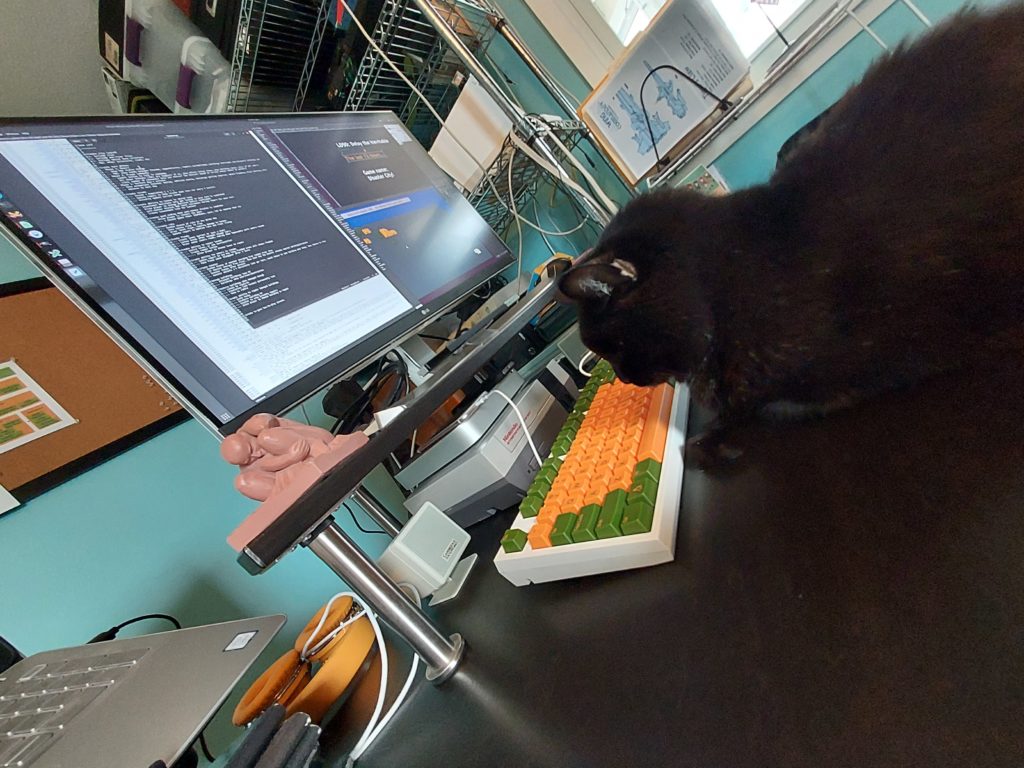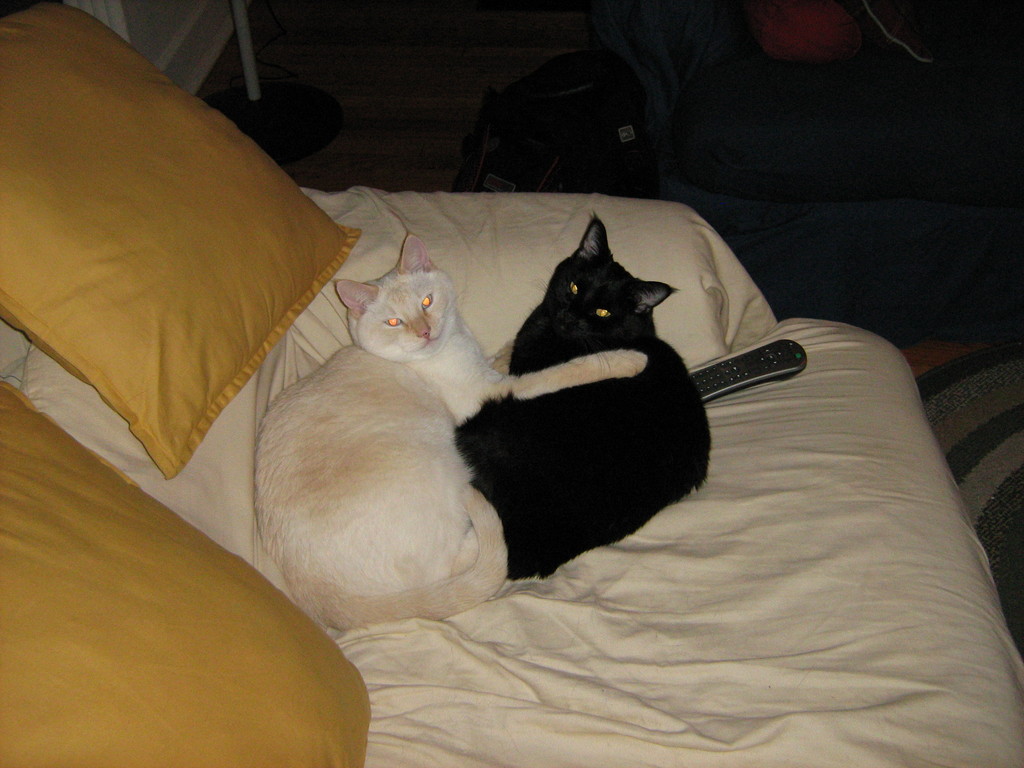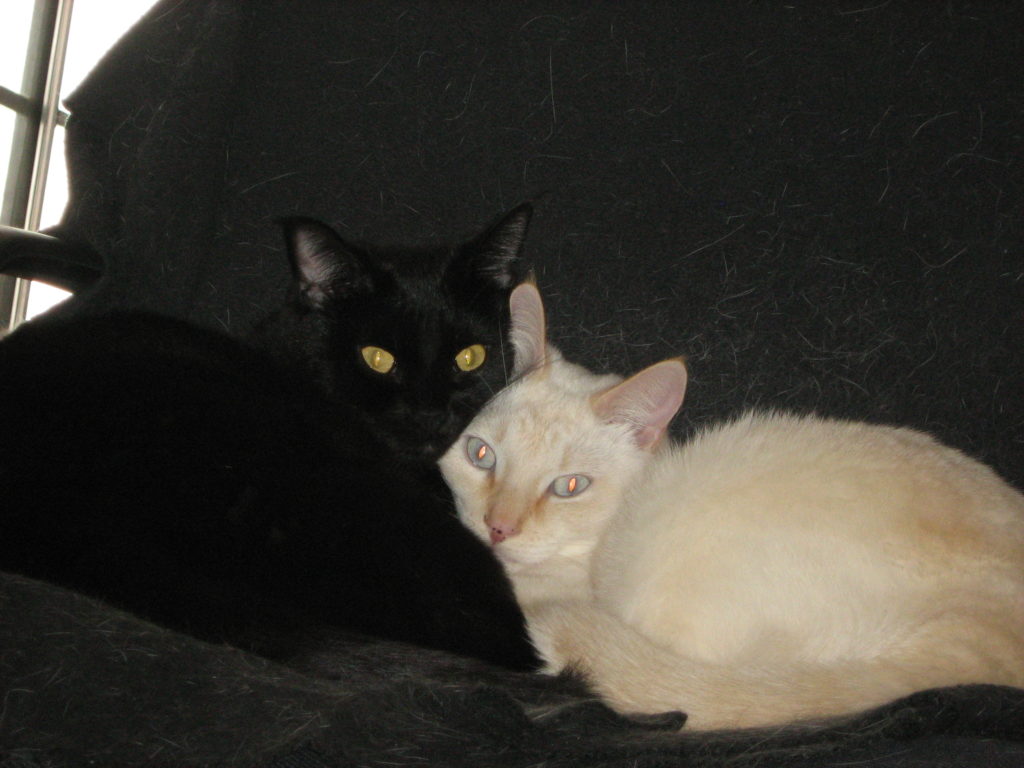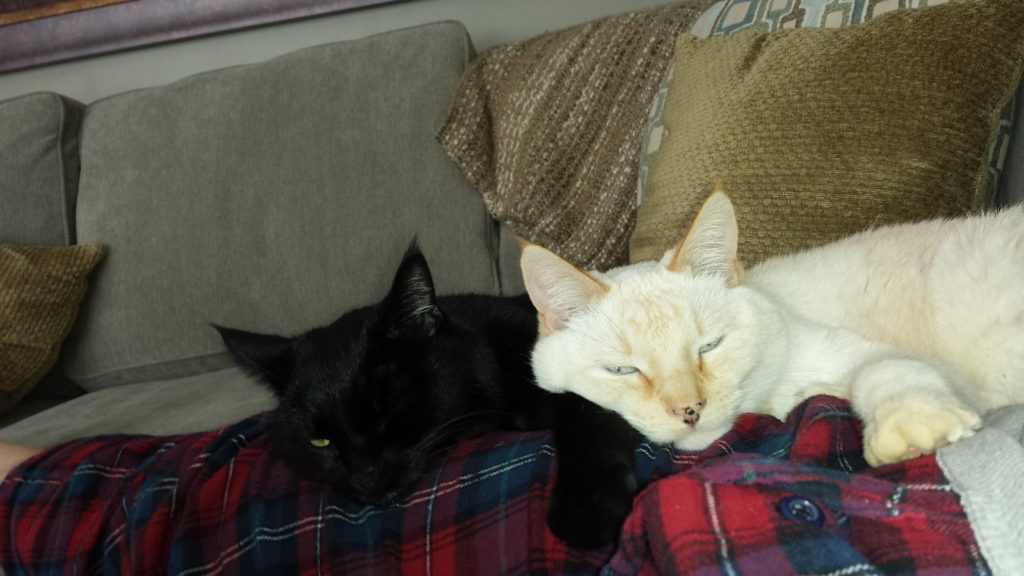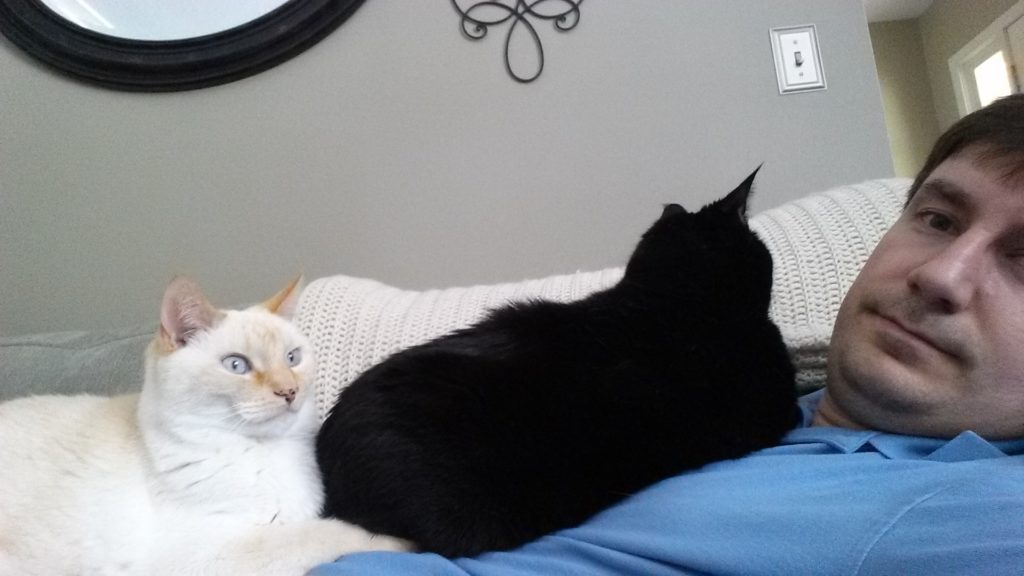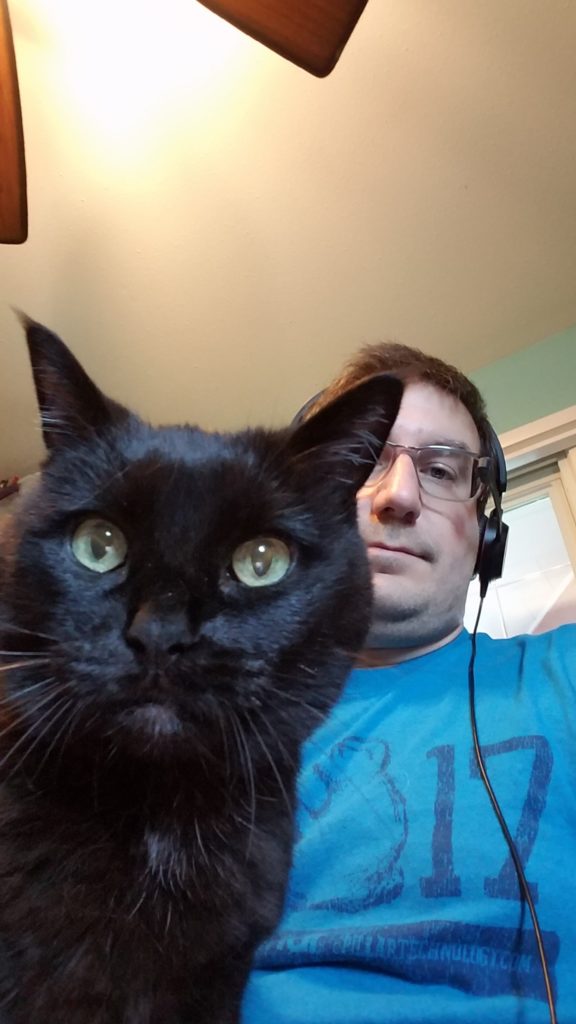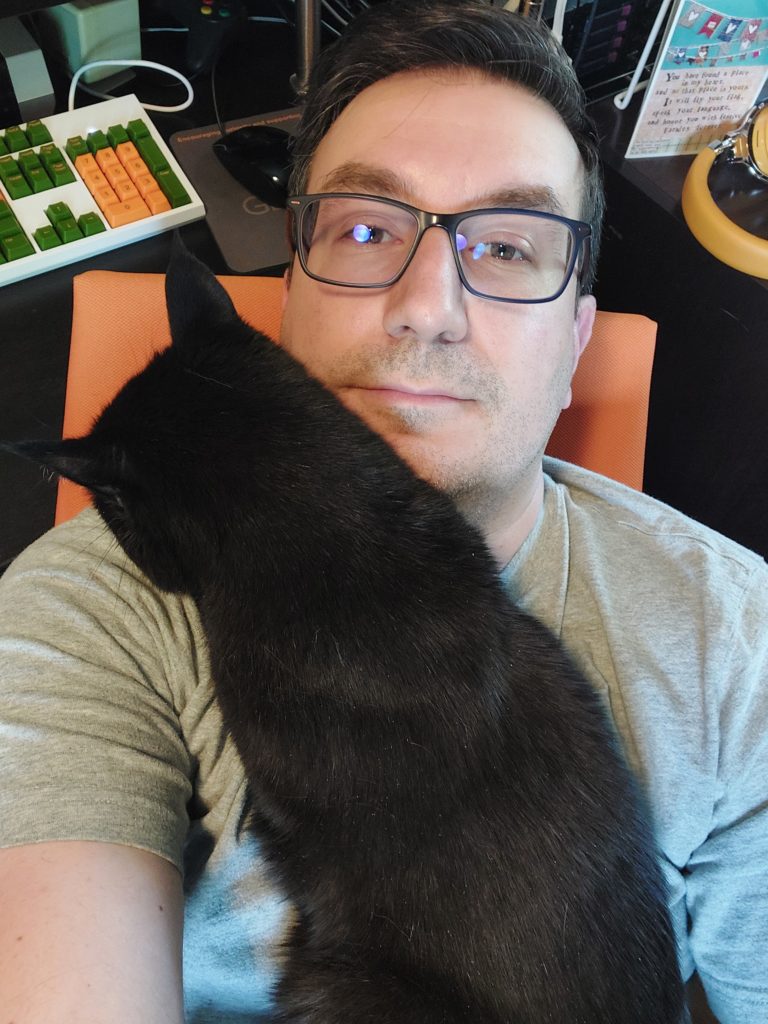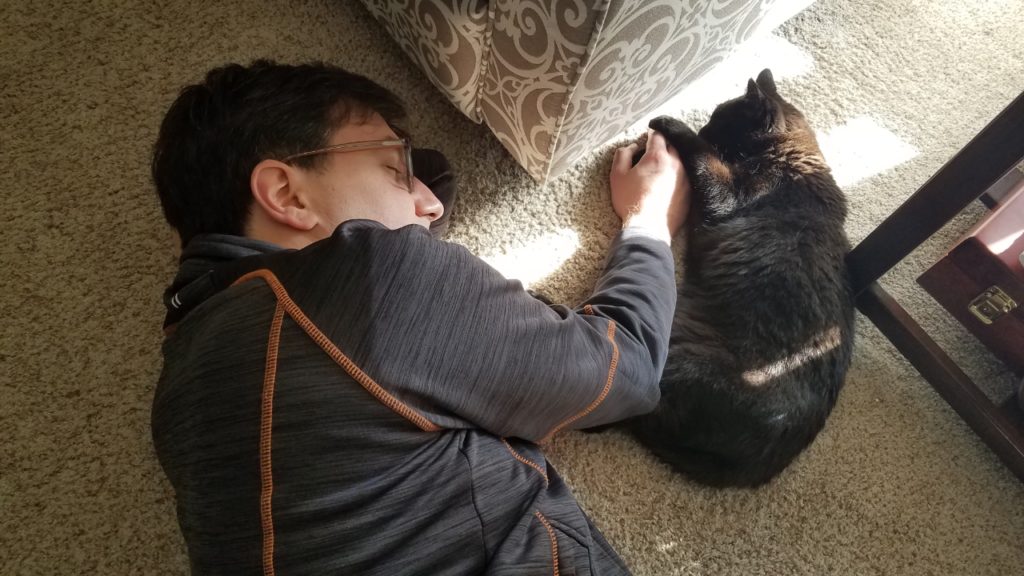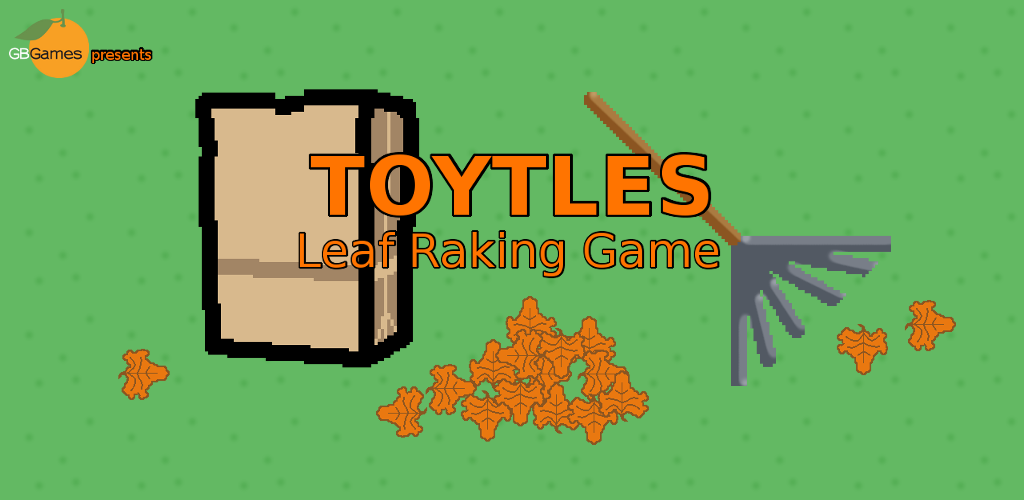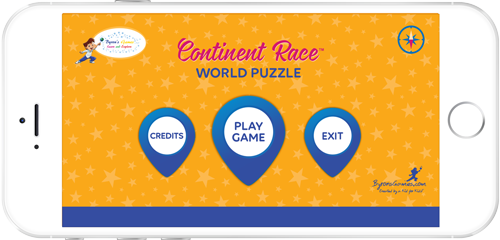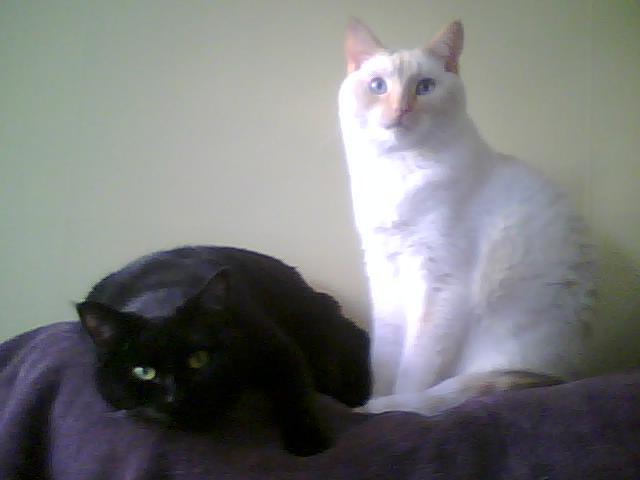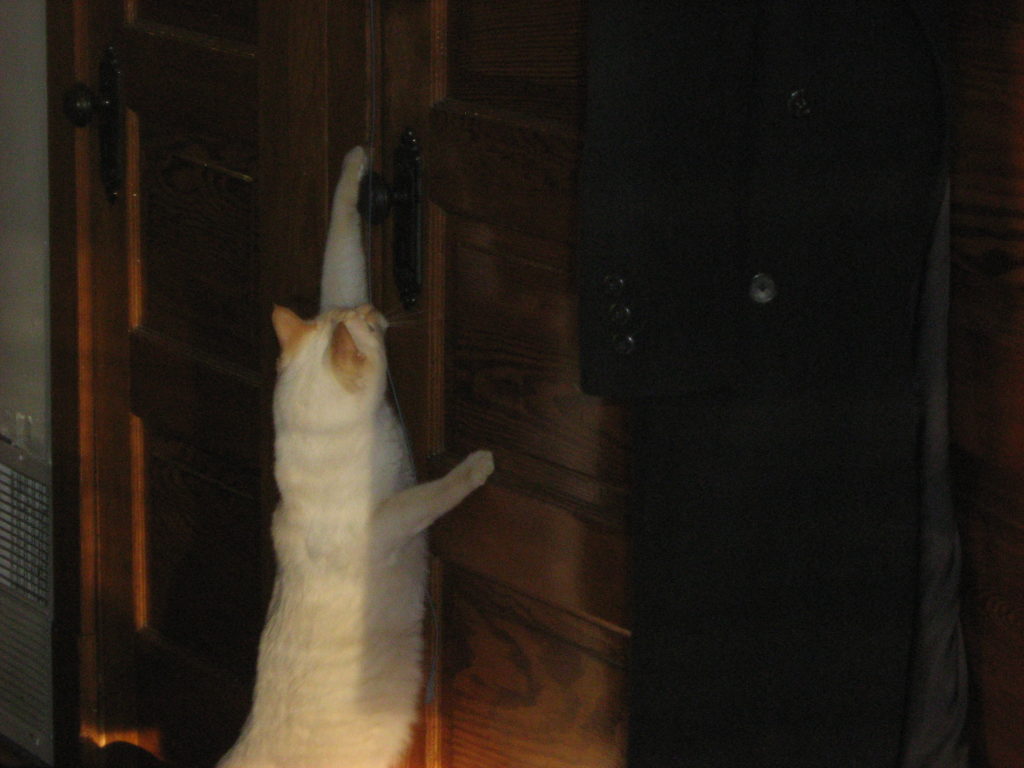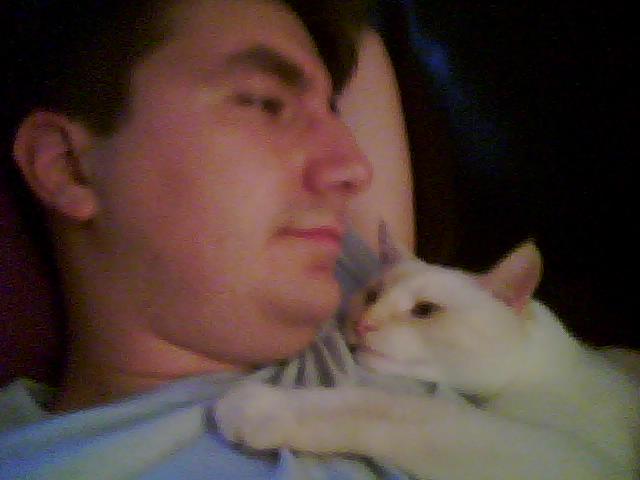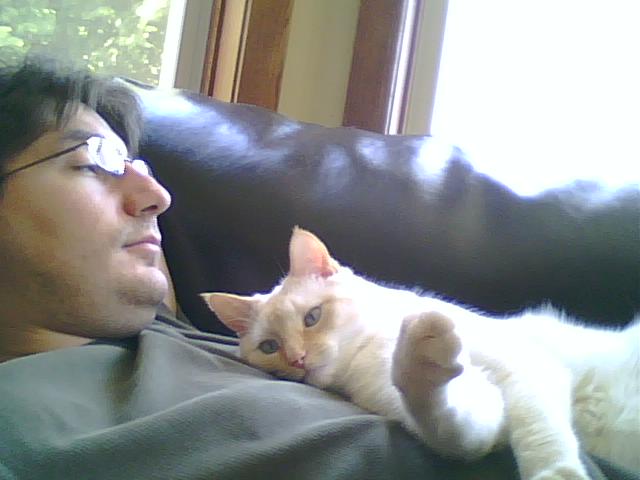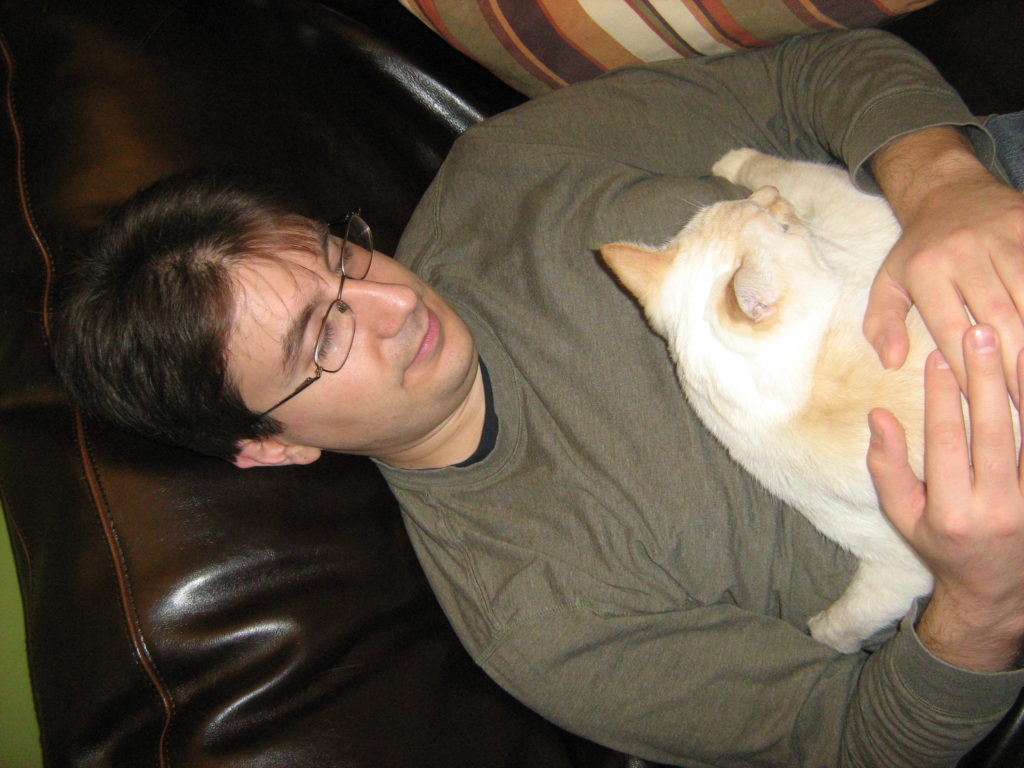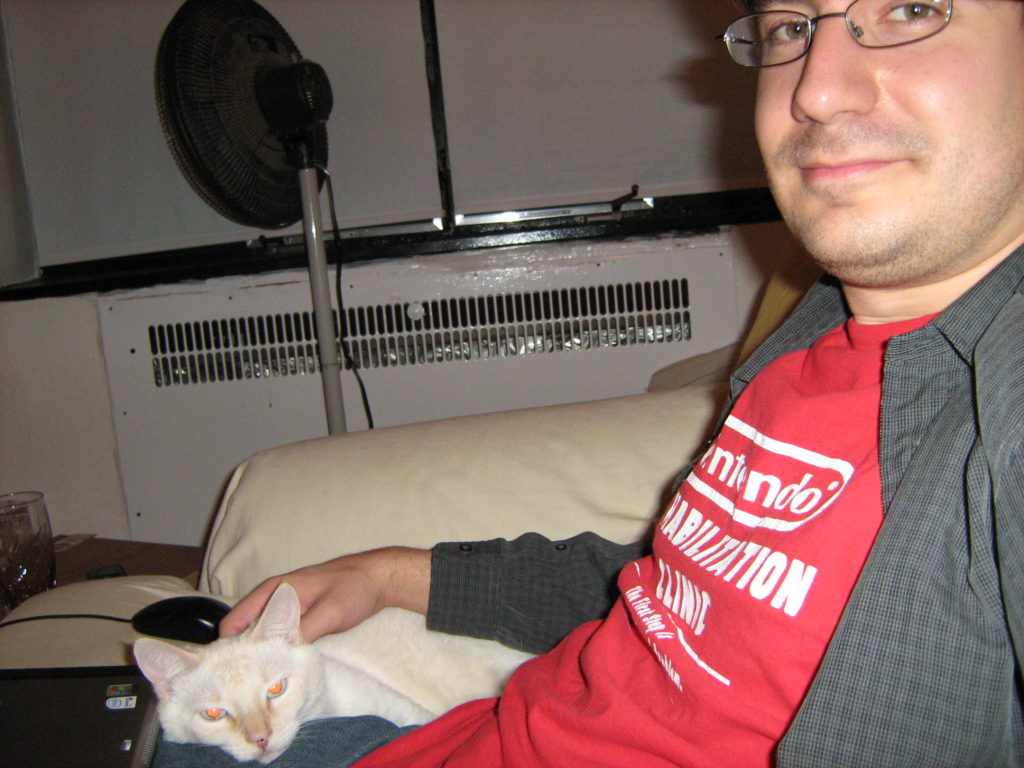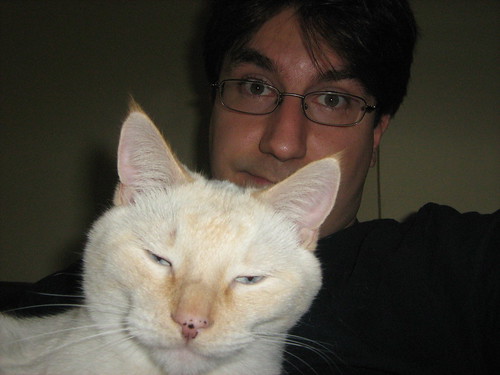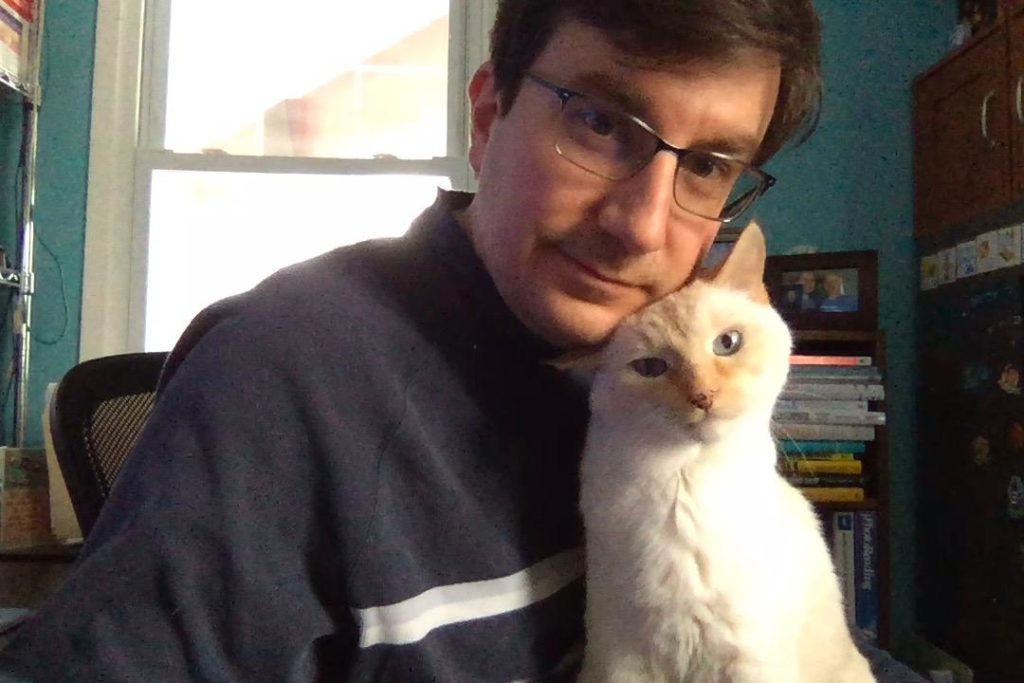Social media may be fun. It may provide opportunities, economic or otherwise. It may allow individuals to find others with similar interests.
But according to what Katherine Cross wrote in her latest book, Log Off: Why Posting and Politics (Almost) Never Mix, social media is pretty much only good at solving problems…that social media created in the first place.
And the problems it creates can be big. Ugly and sometimes deadly harassment campaigns that utilize social media to be efficient and impactful can likewise get shut down thanks to social media. But again, the problem only existed because social media made it easy to exist.
Cross argues that social media is NOT good at solving other problems. Despite promising movements such as the Arab Spring that seemed to indicate that social media was good for democratic movements and for activism, most social media-based activism is ineffectual and eventually fizzles out.
Posting an earnestly written message online to spread awareness might feel impactful. You are saying something important, and the entire world might read it instantly.
But the nature of the algorithms, the interests of the people who own the social networks, and the affordances provided by the dopamine hits when you see likes and shares and reposts (as well as the angry replies) all combine to produce what is essentially nothing more than a very compelling and distracting entertainment.
It’s a form of entertainment that you pay for with your attention, time, and energy, and it can give the illusion that it was attention, time, and energy well spent.
Real collective action, real social movements, real impact comes from doing real work with real people, and social media provides a very poor substitute.
Much of the book is spent juxtaposing individualistic and collective perspectives. Social media, like much of capitalism, tends to encourage personal, individual solutions to what are collective/systemic problems. I appreciated reading the chapter about how social media seems to encourage bleakness and despair, enough that people feel the need to defend themselves by buying a gun and learning how to be self-reliant in an apocalypse.
(Of note, this book was published before the 2024 election, and reading it today, it feels kinda quaint reading about a younger Bluesky’s potential and Twitter’s meltdown and the apocalypses that we could see then)
But getting yourself a gun to protect yourself is an individual solution (one that the gun industry would happily scare you into accepting).
“In such circumstances, it can be hard not to look admiringly at the one thing that has always seemed to stop fascists dead in their tracks. Literally. Armed resistance. So why not get a little bit of that power for yourself? To protect yourself, and your family, from evil people who wish you harm? Isn’t the Second Amendment there for you too – and isn’t that what’s it’s for? Arming the citizenry against tyranny?
In the US, in this exact moment of pitched terror about the resurgence of fascism and the impending climate apocalypse, there is a very real belief among a bunch of frightened queer people and leftists that all the extremists who cheered on the execution of trans people, or the rape of a celebrity, who called a white nationalist terrorist a martyr for the cause, will come after them, and that resistance will only come from the barrel of a gun. In reality, they’re simply soothing themselves with another private non-solution to a collective problem, sold to them by social media with all the ruthless precision of a targeted ad.”
Cross goes on to argue that Second Amendment rights and the protections that goes with those rights does not, in fact, extend to everyone. The law might say one thing, but historically we’ve seen how there are double standards depending on who is wielding the weapon and who the police and the state want to wield those weapons against.
“In theory, the Second Amendment should protect all Americans’ right to own guns equally, but it doesn’t. Non-white people, leftists of all backgrounds, and anyone else who doesn’t fit the aforementioned frontiersman narratives have all taken up arms only to be literally cut down by the state, without a single peep from the NRA in defense of people who ought to be, by all rights, their fallen martyrs.”
I’ve seen discussions by some trans people and various left-leaning people talking about how banning guns would actually leave them defenseless, that they need those guns. And while Cross doesn’t think no one should be able to defend themselves, she does point out that the fantasy and illusion social media presents hides the reality of the work it would take to become the kind of person who might be willing to use a weapon in self-defense. It’s more than the cost of the gun and learning how to shoot.
Cross argues that even if weapons do sometimes become necessary, what worked against fascists before was not merely random people shooting them. It was organization. Guns and violence get valorized, especially on social media, when the real work of revolution and resistance also takes an army of non-militant roles such as nurses, translators, and more.
In the face of Project 2025 rolling back or destroying almost half (as of today) of the US government so far, we’re going to need collective action and organization to meet the needs that the government will no longer provide (and more that it wasn’t already providing in the first place). It is entirely possible, and maybe even likely, that things will get violent in the near future, but merely arming people won’t be enough.
“I can think of nothing less effective against fascism than scared, isolated people quaking with guns in hand, not talking to each other or making serious efforts to organize and pool their resources.”
What I took away from this book was that social media is fine if you treat it as mere entertainment, and it might be fine for finding others who are like you or have the same interests, but if we want real solutions to real problems, posting and doomscrolling aren’t doing enough positive things to outweigh the psychological damage and sapping of energy it entails.
Social media tends to make some minor things loom large (especially when reporters from major media outlets report on them and make them “news”) and gives the impression that “everyone” is saying something, when in fact, a few handfuls of Extremely Online(tm) trolls do not statistically represent 340 million people. We don’t take cues of what to pay attention to from a classroom of 1st graders, yet it is easy to think an equivalent-sized group of angry replies means that the world agrees with them.
I’ve long stopped actively using Twitter, and for some time I was using Bluesky as my new online home, and to a lesser extent Mastodon.
I was already questioning how much energy I was spending making these networks stronger and more valuable for others when my home on the Internet is really this website you are reading this post on right now. And I was questioning how much of my energy and time could be dedicated to doing something real and lasting.
I help put on the Central Iowa Trans Lives Fest each year, for instance, and while social media might get the word out somewhat, much of the real work is in reaching out to people and signing up vendors and coordinating volunteers and emptying the garbage bins. It is gratifying being part of the group that puts together a major event for people to celebrate being who they are, especially in the face of despair in our political reality, especially as Iowa becomes more and more hostile to families and friends alike.
But if I spent a ton of time posting online, arguing with trolls, and pretending that was helping to make that event successful or improving the conditions of life in Iowa? I’d be deluding myself, and the companies that provide social media are happy to help me in that delusion as I help them create more value for their shareholders.
And I would be squandering opportunities to make real connections and organizing for real change in my community.
There is a lot that the Internet and the World Wide Web provides that can be a force for good. Social media hasn’t really lived up to its promises, and unless your job is being a social media influencer, it probably isn’t worth all the labor of making the owners of the platforms richer while we all get poorer.
Social media can be fun, but taking it too seriously, which is seriously at all, is a waste of time.

